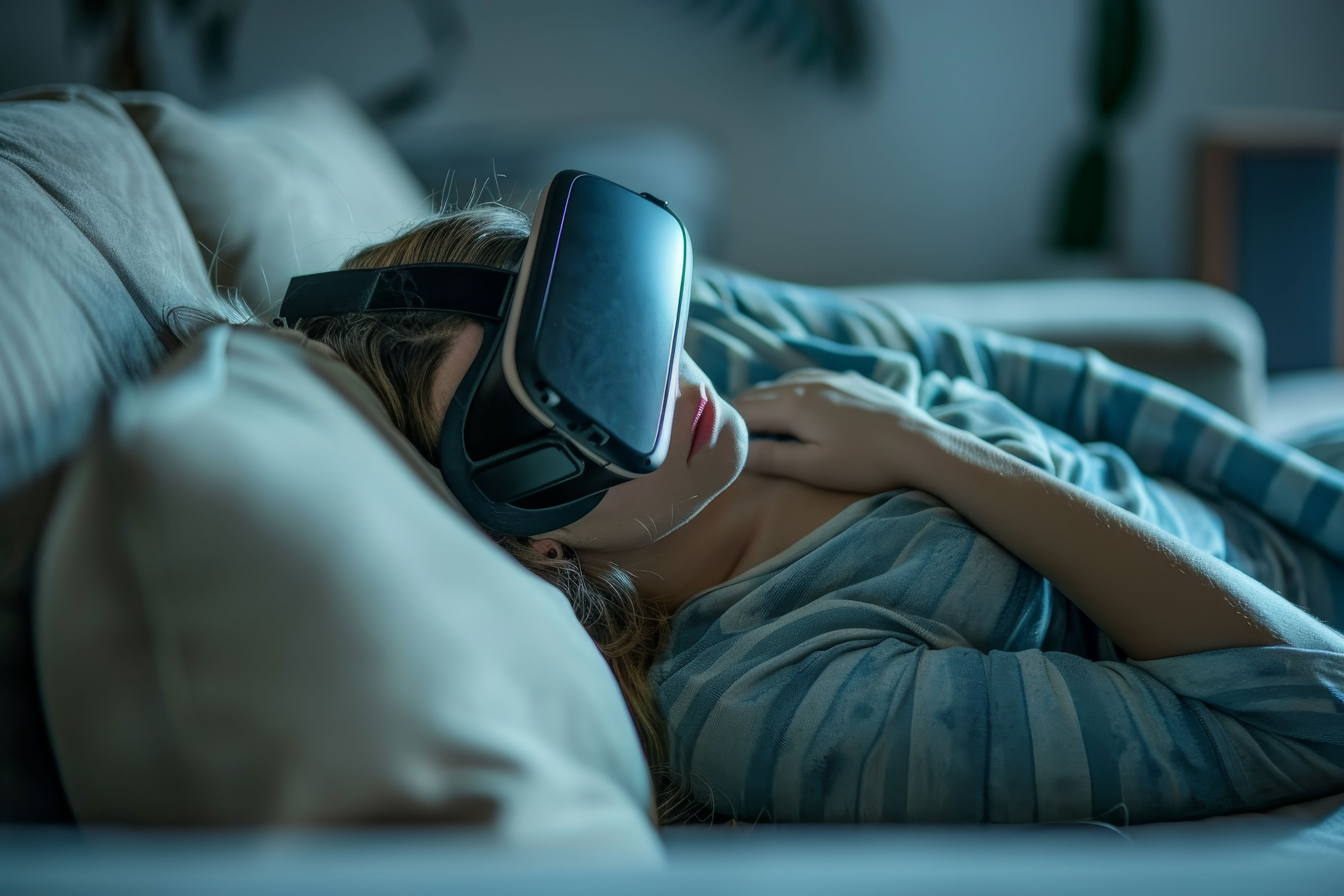Sleep Science: Sleep Tech, Routines, and Research on Better Rest in 2025
Introduction
In 2025, sleep science continues to illuminate the profound impact of rest on health, cognition, and longevity, with research underscoring that quality sleep boosts memory, energy, immune function, and even successful aging. Amid rising sleep anxiety and disorders affecting 30-40% of adults, innovations in technology and routines offer actionable paths to better rest.
Conferences like SLEEP 2025 in Seattle and the World Sleep Congress in Singapore highlight cutting-edge findings on sleep stages, apnea, and brain health, while devices like the Oura Ring Gen4 and Eight Sleep Pod 3 transform tracking into intervention.
This article synthesizes 2025 research, evidence-based routines, and top tech, drawing from expert awards and user insights on X. Whether combating insomnia or optimizing performance, these tools empower restorative sleep for a vibrant life.
The Foundations of Sleep Science
Sleep isn't downtime—it's active restoration. Cycles of REM and non-REM stages regulate hormones, consolidate memories, and repair tissues. Disruptions link to chronic issues: Poor sleep elevates diabetes risks by 20–30% and accelerates cognitive decline. Circadian rhythms, governed by the suprachiasmatic nucleus, sync with light-dark cues; blue light from screens suppresses melatonin by 23%. Research conducted in 2025 connects sleep to overall health. A Tsinghua study links exercise to brain health via sleep, naming researcher Yanwei in Stanford's Top 2% Scientists.
SLEEP 2025 abstracts explore post-prandial glycemia and sleep stability, revealing how irregular patterns impair glucose control. Trends like "sleep divorce"—separate beds for better rest—gain traction, with AI solutions addressing anxiety.
Latest Research Highlights from 2025
SLEEP 2025, held June 7-11 in Seattle, featured 34 posters from Miami's Miller School on translational sleep science, emphasizing circadian interventions for metabolic health. The ASCS 2025 conference in July bridged sleep-circadian gaps, discussing stage stability's role in cognitive awareness.
World Sleep 2025 in Singapore (September 5-10) spotlights professionals on apnea innovations, projecting a 15% rise in tech-assisted diagnostics. Key findings: The NHLBI's March 2025 report advances heart-lung-sleep research, linking poor rest to 10–20% higher cardiovascular events. ESRS Sleep Science School in Fréjus (September 21-26) focuses on pediatric sleep, with applications open for emerging advancements. A Pew analysis reveals sleep's secrets: 7-9 hours nightly enhances immunity and longevity.
X buzz from Sleep Down Under 2025 praises menstrual phase research, tying cycles to sleep quality. These insights drive practical applications, from AI for personalized chronotypes to tourism retreats optimizing rest.
Effective Sleep Routines: Building Habits for Better Rest
Routines anchor circadian health by signaling the body to wind down.n. Harvard Health's 2025 hygiene guide stresses consistency: Fixed bedtimes regulate melatonin, improving onset by 30%.
Core Routine Elements
- Consistent Schedule: Wake at the same time daily, even on weekends, to stabilize rhythms—experts recommend 7-9 hours. Avoid naps over 30 minutes.
- Pre-Bed Wind-Down: Dim lights 1-2 hours before bed; read or listen to music instead of screens. A warm bath raises and then drops core temperature, aiding onset.
- Evening Nutrition: Enjoy light snacks like chamomile tea or magnesium-rich bananas 2-3 hours before bed; avoid caffeine after noon.
- Relaxation Rituals: Stretching, deep breathing, or journaling—Mayo Clinic endorses these for 20% better sleep quality. MD Anderson's 13 habits include blackout curtains for darkness.
In 2025, NBC5 suggests using apps that enforce "digital curfews" to counteract the blue light emitted by technology. Heart.org's ritual—brushing teeth, dimming lights—fosters stress-free mornings. NSF's tips: Cool rooms (60-67°F) and white noise enhance depth. Adapt for shifts: Shift workers use light therapy lamps to mimic dawn.

Sleep Tech Innovations: Devices for Deeper Rest in 2025
Tech personalizes sleep, from trackers to environmental controls. Health's 2025 Sleep Awards tested 250+ products, crowning 41 winners.
Top Trackers and Monitors
- Oura Ring Gen4: Wearable's best tracker with 7-day battery, HRV, and readiness scores—fewest inaccuracies. $349 + $6/month; excels in sleep staging.
- Samsung Galaxy Watch7: Engadget's pick for GPS and AI coaching, 40-hour battery. $350; integrates apnea detection.
- Fitbit Charge 6: PCMag favorite for EDA stress scans, 7-day life. The Google ecosystem is worth $150.
Environmental and Intervention Tech
- Eight Sleep Pod 3: Engadget's cover for temperature regulation, cutting wake-ups by 30%. $2,000+; AI adapts nightly.
- Hatch Restore 3: Tom's Guide winner for sunrise alarms and soundscapes. $200; a college dorm essential.
- Elemind Headband: CNET's AI brainwave shifter for faster onset. The treatment is non-invasive and targets REM promotion.
Good Housekeeping's gadgets include the Eye Oasis 2 massager for relaxation. CES 2025's sleep-tech bull market features haptic rings and solar bands. YouTube's tracker roundup praises Oura for comprehensiveness. User tip: Pair tech with routines for 40% better outcomes.
Challenges in Achieving Better Rest
Barriers: Sleep anxiety (up 25% in 2025), blue light, and irregular schedules. Solutions: Cognitive shuffling or apps like Headspace. Apnea affects 936 million; wearables aid early detection. For children, Sleep 101 Symposium (Oct 30) addresses growth impacts. X's Sleep DownUnder shares phase research.
Conclusion
2025's sleep science—from SLEEP findings to Oura's precision—equips us for restorative rest. Routines anchor habits, and tech amplifies insights. Since Dr. Stremler's fellowship recognizes the importance of pediatric work, it is essential to prioritize sleep for health. Tonight, dim lights and unwind—better tomorrows await.